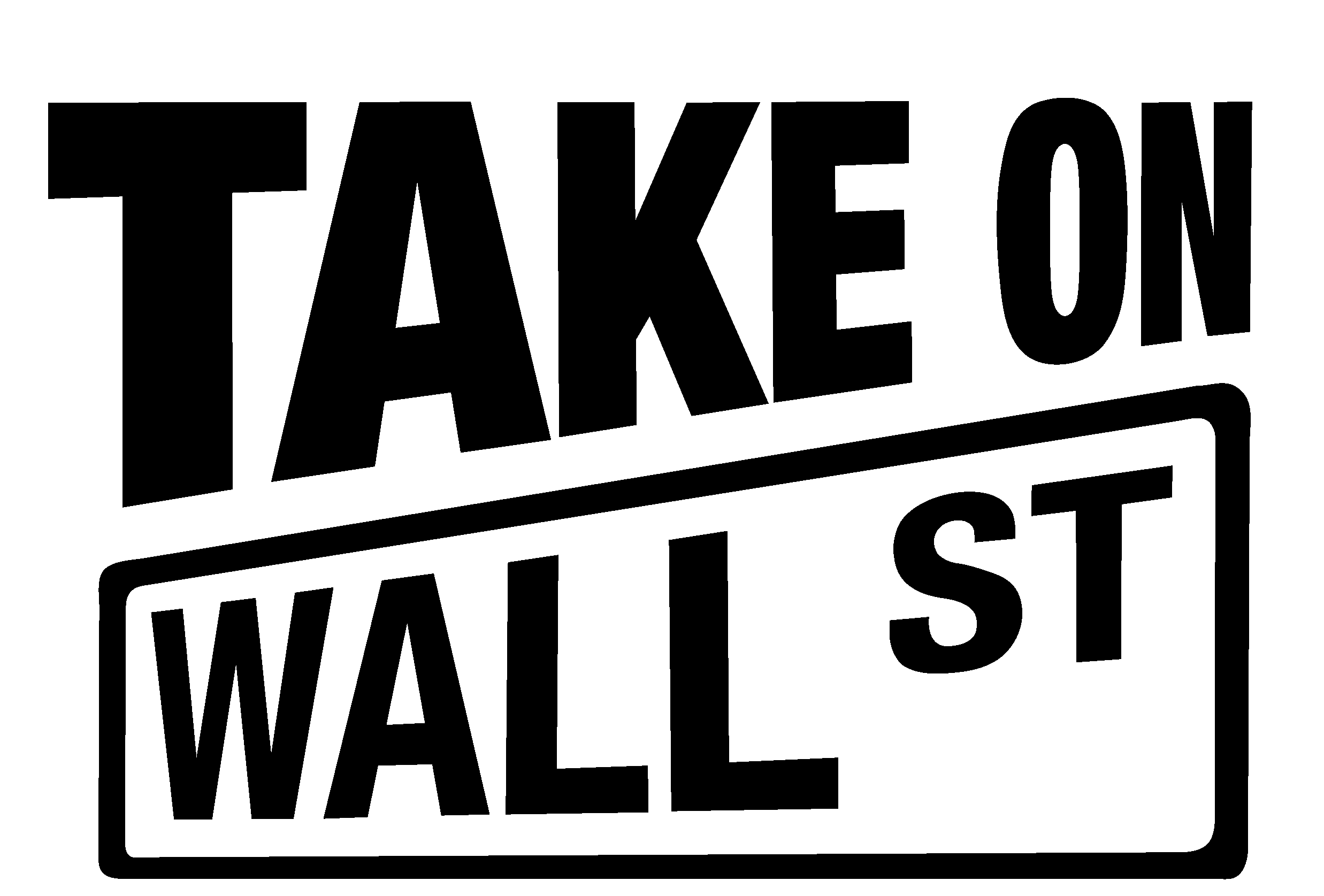 From the party’s moderate wings to its progressive grassroots, Democratic candidates earned applause and high turnout for running against the finance industry in the 2018 mid-terms. Candidates with detailed solutions to problems like affordable housing, student debt, and consumer protection performed consistently well. Meanwhile, Wall Street’s biggest champions in the Republican party in many cases found themselves without jobs on November 7th.
From the party’s moderate wings to its progressive grassroots, Democratic candidates earned applause and high turnout for running against the finance industry in the 2018 mid-terms. Candidates with detailed solutions to problems like affordable housing, student debt, and consumer protection performed consistently well. Meanwhile, Wall Street’s biggest champions in the Republican party in many cases found themselves without jobs on November 7th.
Nowhere was this clearer than in Orange County, California, the one-time hub of Reagan conservatism. Katie Porter captured California’s 45th district with a campaign that hinged on her long history of fighting Wall Street banks as a consumer housing attorney. She rejected all corporate PAC and Wall Street money, and is now seated on the House Financial Services Committee. Elsewhere in the Golden State, Mike Levin demanded “additional Wall Street reform” while Katie Hill railed against the low taxes paid by “Wall Street bankers and hedge funds, who just a decade ago destroyed the economy.” Both won their elections.
On the east coast, New York’s Alexandria Ocasio-Cortez became an overnight sensation in part thanks to her pointed criticism of Wall Street. Ocasio-Cortez repeatedly called for a financial transactions tax, a 21st century Glass-Steagall Act, and postal and public banking. Her allies Rashida Tlaib and Ilhan Omar of Michigan have castigated Wall Street for its role in the housing affordability crisis and proposed breaking up “Too Big To Fail” banks, respectively. Rashida Tlaib has now joined the House Financial Services Committee.
But even moderate New Yorkers agree with Ocasio-Cortez that it’s time for a change in their city’s financial district. Max Rose told the New York Times that “no one can justify” the carried interest loophole. Further upstate, Anthony Brindisi pointed out his opponent’s many Wall Street donors and won a nail-biter of a race.
Other moderates also saw that the anti-Wall Street plank was a winner. In Pennsylvania, Conor Lamb called for “releasing students from lifetime debt traps.” In Florida, Debbie Mucarsel-Powell criticized stock buybacks in her Trump-voting district and won. Swing district voters also showed support for consumer protections, electing Lauren Underwood in Illinois and Jason Crow in Colorado, who both championed the Consumer Financial Protection Bureau.
Not only was it good politics for Democrats to fight against Wall Street (see all the polls), it was bad politics for Republicans to be tied to it. In Texas, Pete Sessions caught flack from opponent Colin Allred over his vote for the Wall Street-friendly Financial CHOICE Act. Allred was aided by ads that spotlighted Sessions’ payday lending ties, and Sessions ultimately lost the race. In Maine, Bruce Poliquin lost his seat over ads pointing out his long history on Wall Street. New Jersey’s Tom MacArthur was blasted for voting for the Tax Cuts and Jobs Act and lost to Democrat Andy Kim.
All in all, 2018 proved that Wall Street is more politically vulnerable than it wants to admit, which might explain the big banks’ hand-wringing in recent weeks. Indeed, there’s now a lively debate among Democratic presidential contenders about whether it’s worth it to take Wall Street checks at all. Already, Wall Street has seen its hopes dashed about corporate candidates like Howard Schultz, and is purported to be “freaking out” about the presidential contenders.
Of course, financial issues don’t exist in a void. In 2018, many successful Democrats tied their Wall Street criticisms into broader issues, like big money in politics, or gun violence, or a racist criminal justice system. But a great number of candidates with pointed critiques of the financial industry saw electoral success last year, and the winds of progressive economic change are blowing as the presidential race begins.

Leave a Reply